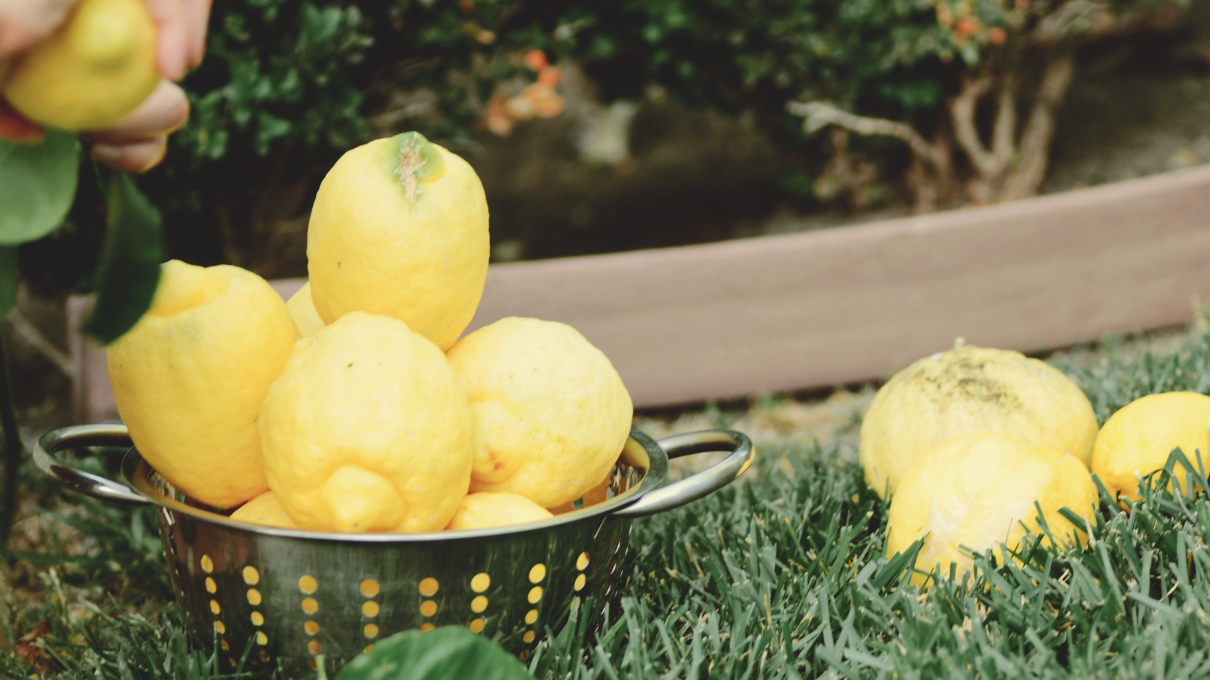Can You Compost Citrus Peel?

We all know how healthy citrus fruit is. They are full of that miracle-working immunity booster – Vitamin C. And they don’t taste bad either.
But composters everywhere usually have one concern – can you compost their peels?
Well, that’s what we’re going to explore today.
Can you compost citrus peels?
While some people think that bacteria and worms won’t digest them, they will. Your worms may avoid them for a while but will break them down when they begin to decompose.
Which citrus peels can be composted?
Generally speaking, you can compost all citrus fruits including lemons, oranges, limes, clementines, satsumas, and grapefruit. What’s more, you can compost all the parts of these fruits – even the rinds and the pulp.
Can you compost moldy citrus peels?
Moldy citrus peels have already begun the decomposition process, so they are particularly great for your compost pile. Also, since the temperature in most piles usually runs high, it would eliminate most problematic molds.
So if you have a rotting citrus fruit lying around your kitchen, tossing it into your compost is a great idea.
Some people even go as far as saving all their citrus peels in a lidded container until they start rotting out before adding them to their compost.
To speed up decomposition, you could add it to the center of your pile on top of some dry leaves and cover it with some paper or grass. The heat this will produce will speed things up in your pile.
How to compost citrus peels?
Since only particular bacteria will digest the d-limonene chemical found in the skin of citrus fruits, it usually takes a long time to compost.
To speed things up, you should cut the peels into tiny pieces beforehand.
To prevent germination within your compost, you should also remove any seeds from a citrus fruit before composting it.
Also, remember to balance the moisture in your citrus waste with some dry leaves or another convenient bulking agent.
How do citrus peels enhance your compost?
Truth be told, citrus peels are beneficial to your compost if incorporated properly.
For one, they add phosphorus, nitrogen, and potassium to your pile. These nutrients not only help with waste breakdown but all improve the quality of the resulting compost.
Additionally, citrus fruits usually produce a lot of heat as they decompose – something that will help with the quick composting of your heap.
Last but not least, citrus fruits contain pectin, a plant fiber that is moisture-rich and aids in the decomposition process.
While when added in excess, these fruits may raise the acidity of the heap and produce a strong scent, even this comes with its advantages.
For instance, the odor can repel bugs and animals without harming those that you want to keep around. And plants like camellias and azaleas thrive in the acidic conditions that these fruits create.
Just do it
With a little patience and care, citrus peels can be the best thing that ever happened to your compost. So don’t hold back – toss them in!
